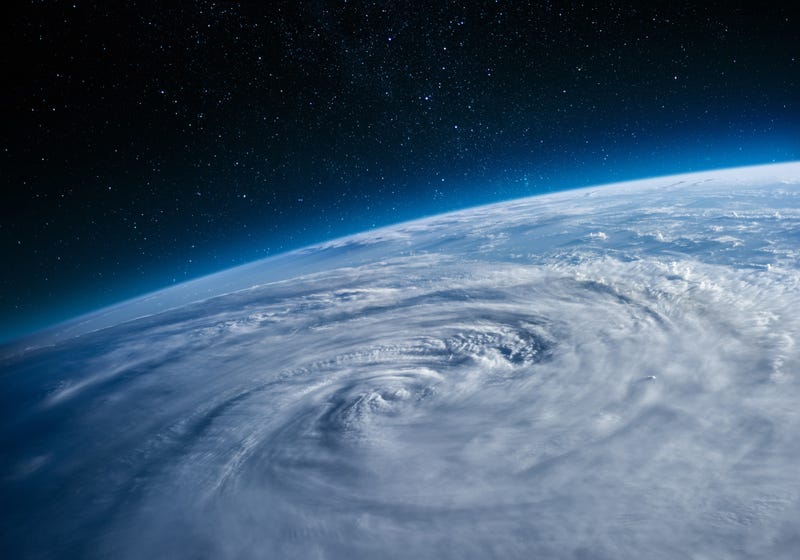
Today is the statistical peak of the Atlantic hurricane season, but Texas is seeing a surprisingly quiet stretch compared to what forecasters predicted just a few months ago.
Seasonal outlooks from the National Oceanic and Atmospheric Administration (NOAA) and other agencies had warned Texans to brace for one of the busiest seasons in years, with as many as 19 named storms possible. So far, only a handful of systems have developed, and none have threatened the Texas Gulf Coast.
Why it’s been so quiet
Meteorologists point to dry, dusty air blowing off the Sahara Desert across the Atlantic as a key factor in suppressing tropical development. That dust layer not only dries out the atmosphere but also blocks sunlight, keeping ocean waters from heating up as much as they could. On top of that, weaker tropical waves moving off Africa have given storms fewer opportunities to organize into powerful systems.
Upper-level wind patterns have also remained relatively hostile to storm development, tilting and tearing apart storms before they can strengthen.
What history says
While the lull has been welcome, forecasters stress that September remains the most dangerous month for Texas hurricanes. Data shows the majority of major storms to hit the state - such as Ike in 2008 and Harvey in 2017 - made landfall before October.
“We may be in a quiet patch now, but that doesn’t mean it stays that way,” said one meteorologist with the National Weather Service. “It only takes one storm making landfall in Texas to turn a quiet season into a historic one.”
Preparedness still matters
Emergency managers are reminding residents not to let their guard down. They encourage Texans to review evacuation routes, double-check hurricane supply kits, and keep a close eye on forecasts through the end of the season, which officially runs until November 30.
For now, Texas skies are calm - but officials say the real test of the season may still lie ahead.
LISTEN on the Audacy App
Tell your Smart Speaker to "PLAY 1080 KRLD"
Sign Up to receive our KRLD Insider Newsletter for more news
Follow us on Facebook | Twitter | Instagram | YouTube
